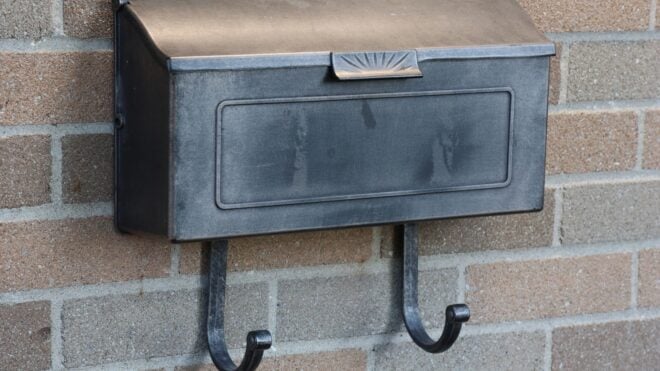
Families are looking forward to springtime more than ever this year. After a long winter inside, families are eager to take advantage of the beautiful weather and get active.
For kids with allergies, that's not as fun a prospect. Seasonal allergies, also referred to as hay fever, are extremely common and treatable, but they're also incredibly uncomfortable, especially for little ones.
This year, it's especially important to know which symptoms are coming from allergies and which could be from something else. It's also important to keep kids healthy by treating symptoms that recur. Here are some ideas to make allergy season easier on your kids.
Minimize the Air Circulating From the Outside
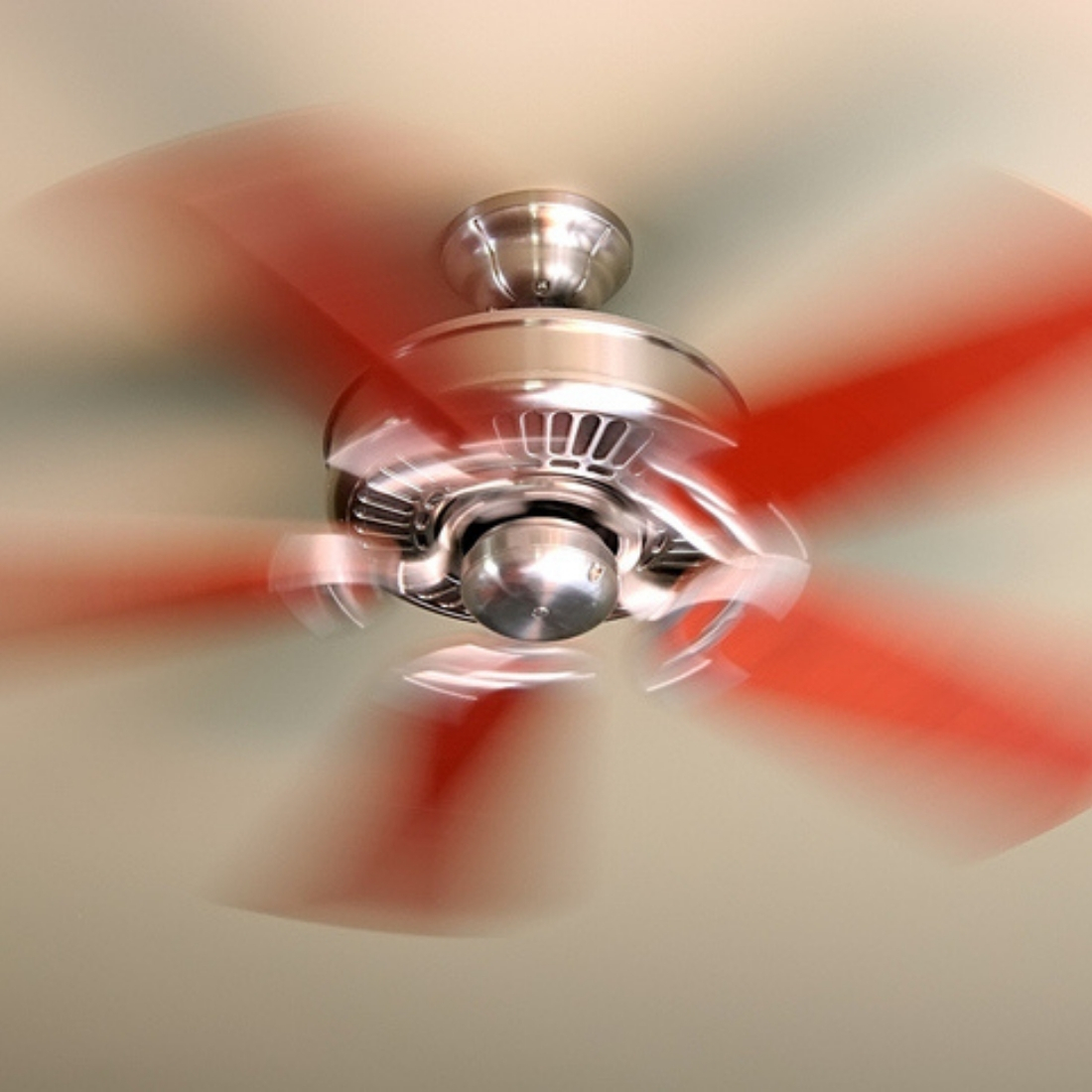
Fight the urge to throw your windows open on the first nice day of spring! It lets the allergens in and makes it that much harder to control symptoms. Consider using fans and air conditioners to cool your space and keep air circulating. If you definitely want a window open, crack one or two, but not too wide.
Change Clothes Often

If your kid is coming inside from playing outside, have them change into different clothes. Your child with allergies should certainly change and wash their hands and face to eliminate any allergens they might be tracking in. Make sure outdoor coats are kept in a contained area and out of high-traffic areas of your home.
Drink Plenty of Water

Kids with a runny nose may be reluctant to consume liquids, thinking it will make their nose worse. Actually, staying hydrated makes a big difference. If you're properly hydrated, sneezing and runny or stuffy noses will be less uncomfortable.
Keep Showers and Baths Warm but Not Too Hot
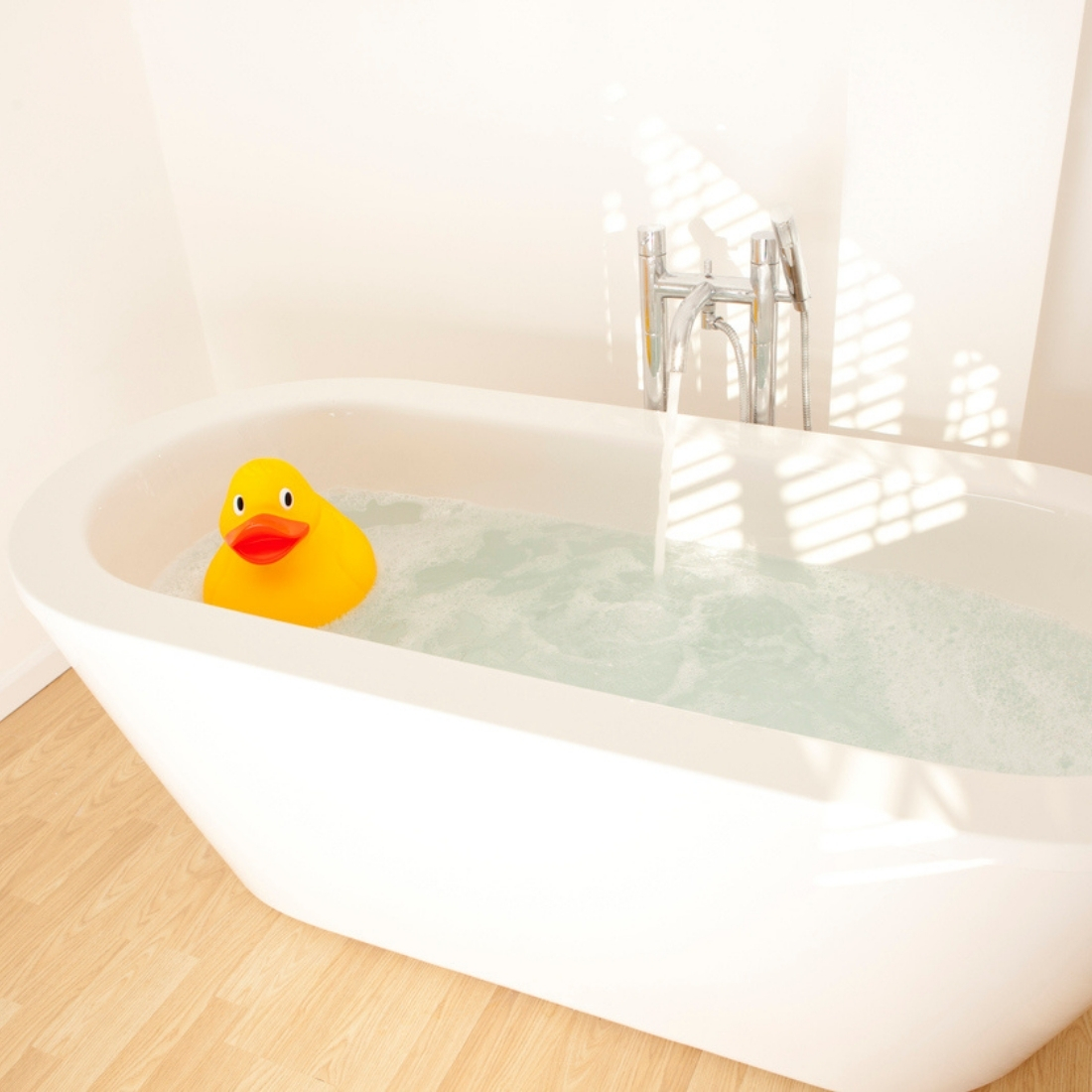
Steaming their nasal passages will provide some relief for allergy sufferers. If you're dealing with dry air in your home, you might want to consider placing some humidifiers around the house. Don't let it get too humid, however. Air that has too much moisture can promote the growth of indoor allergens.
Apply a Cold or Hot Compress
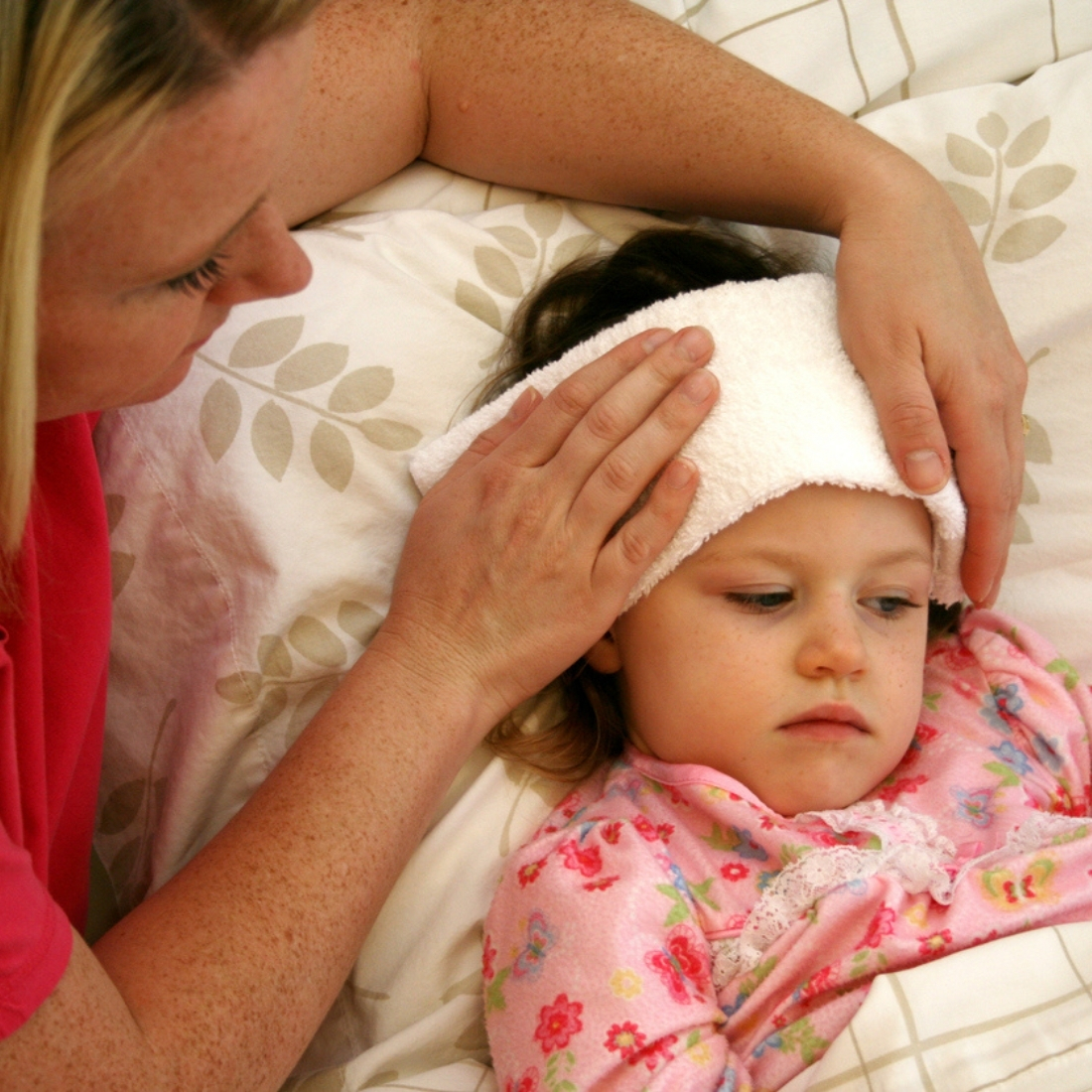
Knowing which kind of compress can relieve which symptoms is important. A warm compress across the nose and forehead can help alleviate sinus pressure. A cold compress or an ice pack can help soothe itchy, watery eyes.
Try Something Spicy

If you've got a kid who enjoys spicy foods, that can help during times of congestion. Foods made with cayenne pepper, hot ginger, fenugreek, onions, garlic, and other spicy ingredients can help thin mucus and clear nasal passages.
Soothe Irritated Nasal Passages With Salt Water
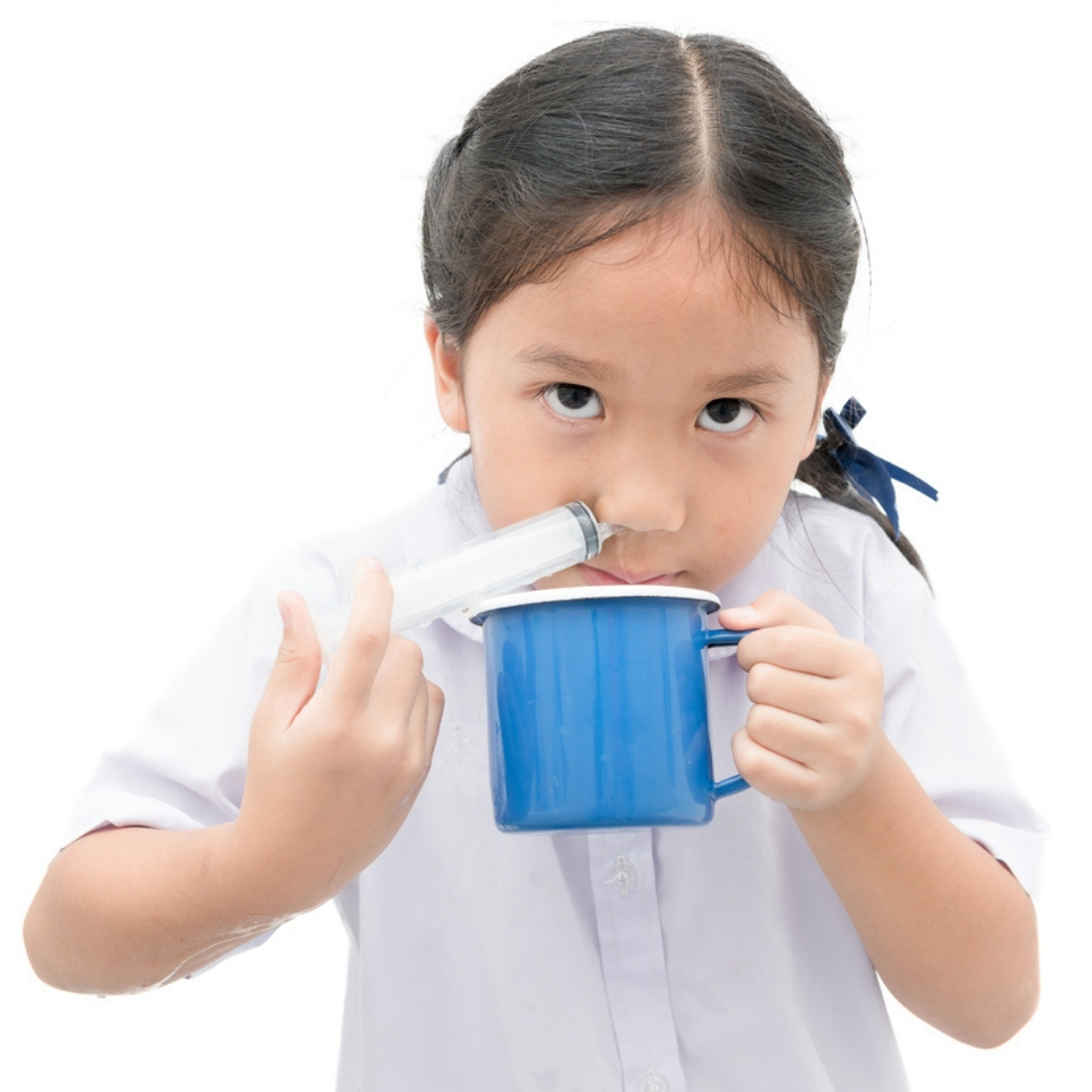
There are a lot of ways to use saline solutions to soothe kids' burning, sore noses. There are saline sprays that are recommended for children. If your child's pediatrician is on board, you can also use a neti pot with a child, but make sure they're supervised.
Invest in Handkerchiefs
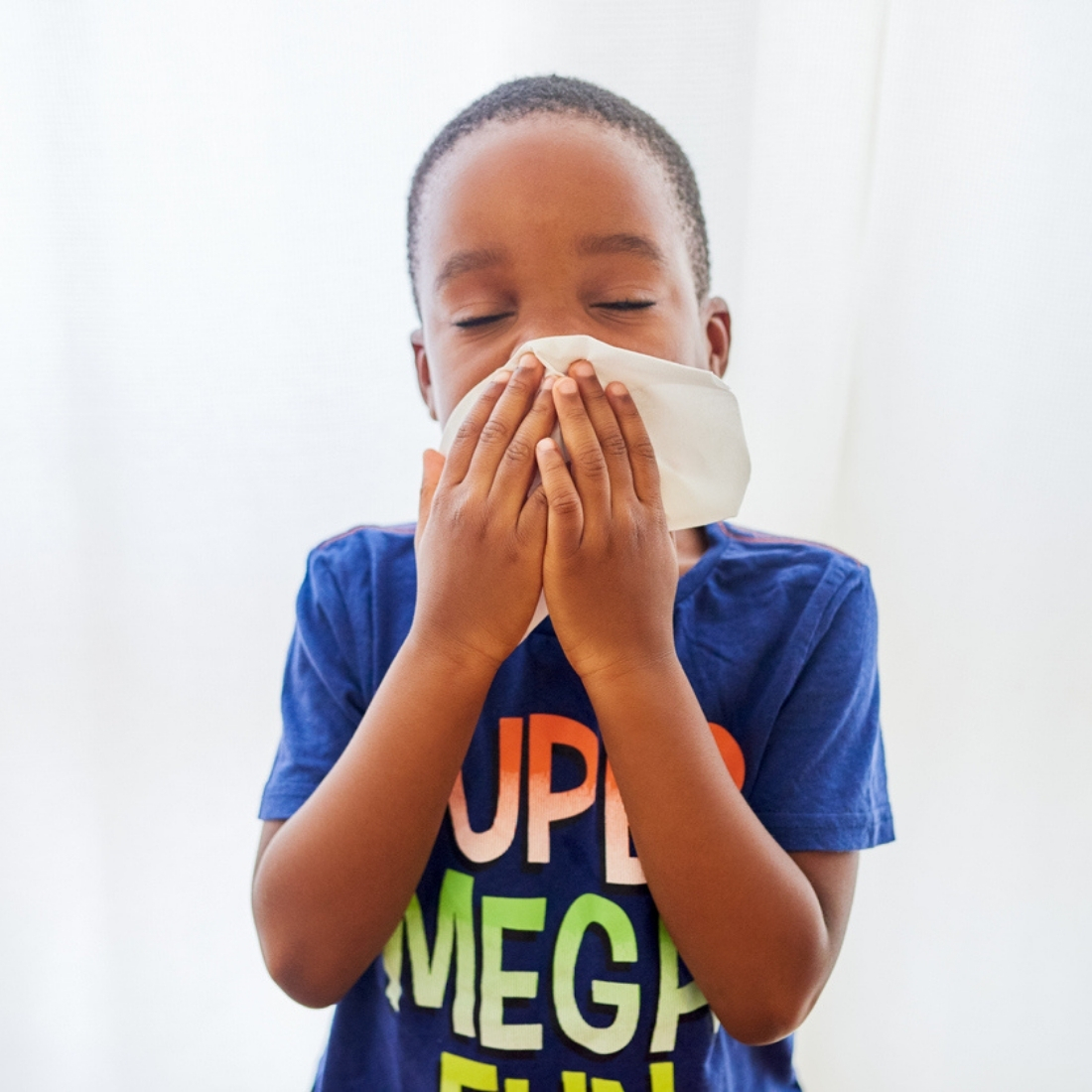
You'll go through a million packs of tissues during allergy season. If you're getting good tissues with lotion, that gets pretty pricey. Keep your family from sore noses and save money by investing in some child-sizes handkerchiefs. You'll already be doing more laundry during the warm-weather months, so they're super easy to integrate into your routine.
Gargle Daily To Avoid Sore Throats

Keep sore throats from bothering your child by gargling with a tablespoon of table salt in an 8-ounce glass of warm water once a day. If they've already got the sore throat, up it to two to three times a day to help alleviate it.
Talk to Your Doctor

As always, you'll want to make sure you're monitoring your child's symptoms and if they're getting better or worse. Share any of your concerns with your child's doctor, as well as any treatments you're using for symptoms. They'll be able to tell you if over-the-counter or prescription medicine is necessary for your child.


